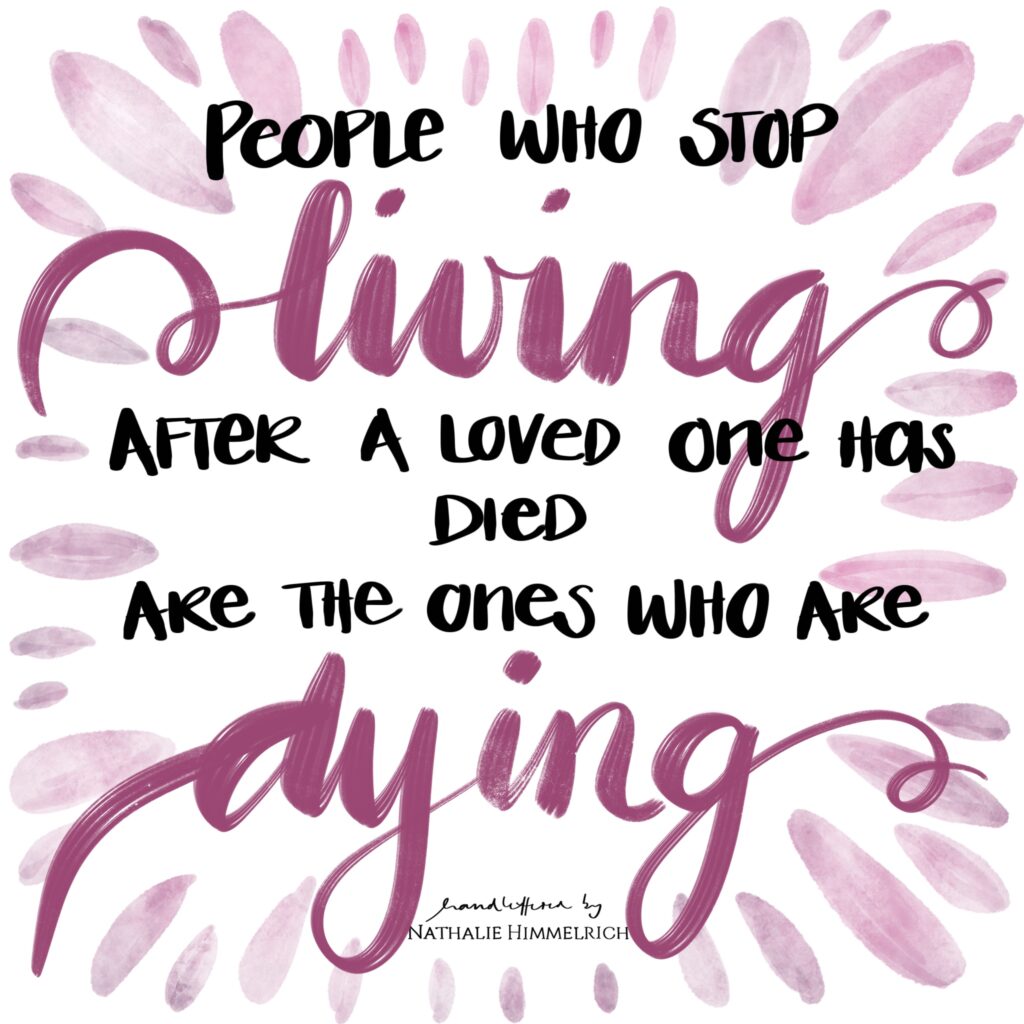
The experience of grief is with no doubt one of the toughest life lessons you have to master. Having lost one of my twin daughters on her 3rd day, as well as my mother through suicide following her depression I speak from personal experience. Being able to accompany my daughter in her passing has been an experience that no words could do justice. The gifts unveiled have been and still are beautiful and painful alike.
The greatest teacher of all
The other day, someone asked: Who is your biggest teacher in life? Without thinking I would have to say, my two daughters. The experience of giving life and observing the transition between life and death have been the deepest experiences in my life so far. Processing grief is a road frequently travelled, yet I have not met many travellers enjoying the trip. Finding new, different and meaningful perspectives is my intent and reflecting on grief has been the inevitable journey of the past 3 years.
Grief Reflections
Reflecting on your journey of grief, looking at the challenges families face while grieving for their loved ones will allow you to gain awareness and insights above and beyond the pain. There is no way to stop or shortcut the grieving process, no way out. There are however ways to make the journey survivable.
Who’s dying?
Death brings up existential questions: Who am I? What’s the meaning of life, and death? Why are we here, what is our purpose? Why do loved ones have to die? Reports brought back from people with Near Death Experiences recall the beautiful aspects of the transition and those I have read mention that they would not have come back to their earthly lives, did they have the choice. This, to me, means there is nothing to fear in death. In fact, since holding my daughter while she took her last breath, I have lost the fear of death. Really, the people who stop living after a loved one has died, are the ones who are dying.
Why would we want to reflect on something painful?
Because that’s what painful experiences require. A blister on your foot asks you to stop walking, to attend to your wound and look after its healing. The same applies to emotional pain. It is a normal human reaction to want to stop the pain. Avoiding might temporarily stop the pain but not resolve it. Reflecting on pain will help you gain perspective and insight and work towards a resolution. Whatever way you choose, both take time. Remember that ‘doing the right thing’ does not necessarily instantly mean ‘no pain’. If the blister is there, not walking will stop you from creating more pain but what is already there, must first heal.
